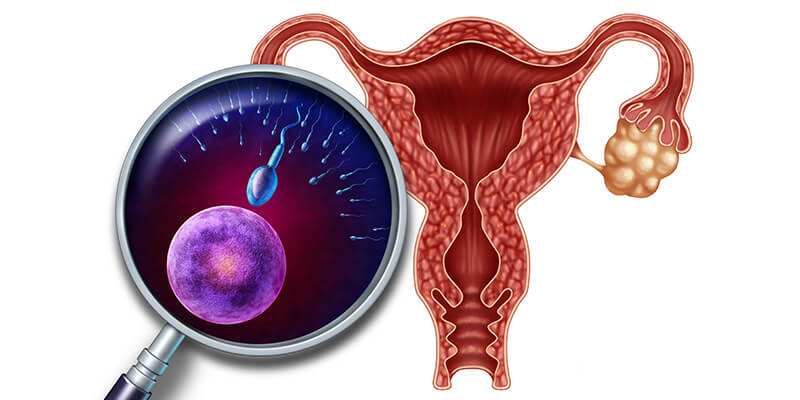

E-Brochure - Download Now!
At Global Fertility Clinic in Mumbai, we're here to support you every step of the way. We recognise the distinct path you're on, and our seasoned specialists are committed to help you with tailored care.
Female infertility is when a woman faces challenges in getting pregnant or carrying a pregnancy to full term despite actively trying for about a year. It can stem from various factors affecting her reproductive system, like irregular ovulation, hormonal imbalances, blocked fallopian tubes, or conditions like endometriosis. It's a deeply personal journey, and it's important to seek medical guidance and support to explore treatment options and increase the chances of conceiving successfully.


Various factors contribute to female infertility:
Treatment options may include:
Goral Gandhi, renowned for her pioneering work in IVF, egg freezing, and other reproductive technologies, plays a central role in guiding individuals and couples through the complexities of female infertility.
Drawing upon her extensive expertise as a clinical embryologist, Goral offers personalised counselling and support services, tailored to address the unique challenges faced by women experiencing infertility issues. With compassion and customised strategies, she empowers individuals and couples to explore a variety of treatment options, including advanced techniques like intrauterine insemination (IUI), in-vitro fertilisation (IVF), and intracytoplasmic sperm injection (ICSI).
Goral Gandhi's holistic approach to fertility care ensures that each person receives the comprehensive support and guidance needed to navigate the emotional and medical aspects of female infertility with confidence and optimism.
At Global Fertility Clinic, we recognise the significance of fertility in the journey of family-building and provide effective treatments customised to your specific needs.
If you're struggling with infertility and seeking treatment in Mumbai, Goral Gandhi at Global Fertility Clinic is here to assist you. In collaboration with other leading IVF centres, we offer comprehensive guidance on female infertility treatment options tailored to address your concerns and enhance your chances of conception. Take the first step towards parenthood by scheduling a consultation with us today.